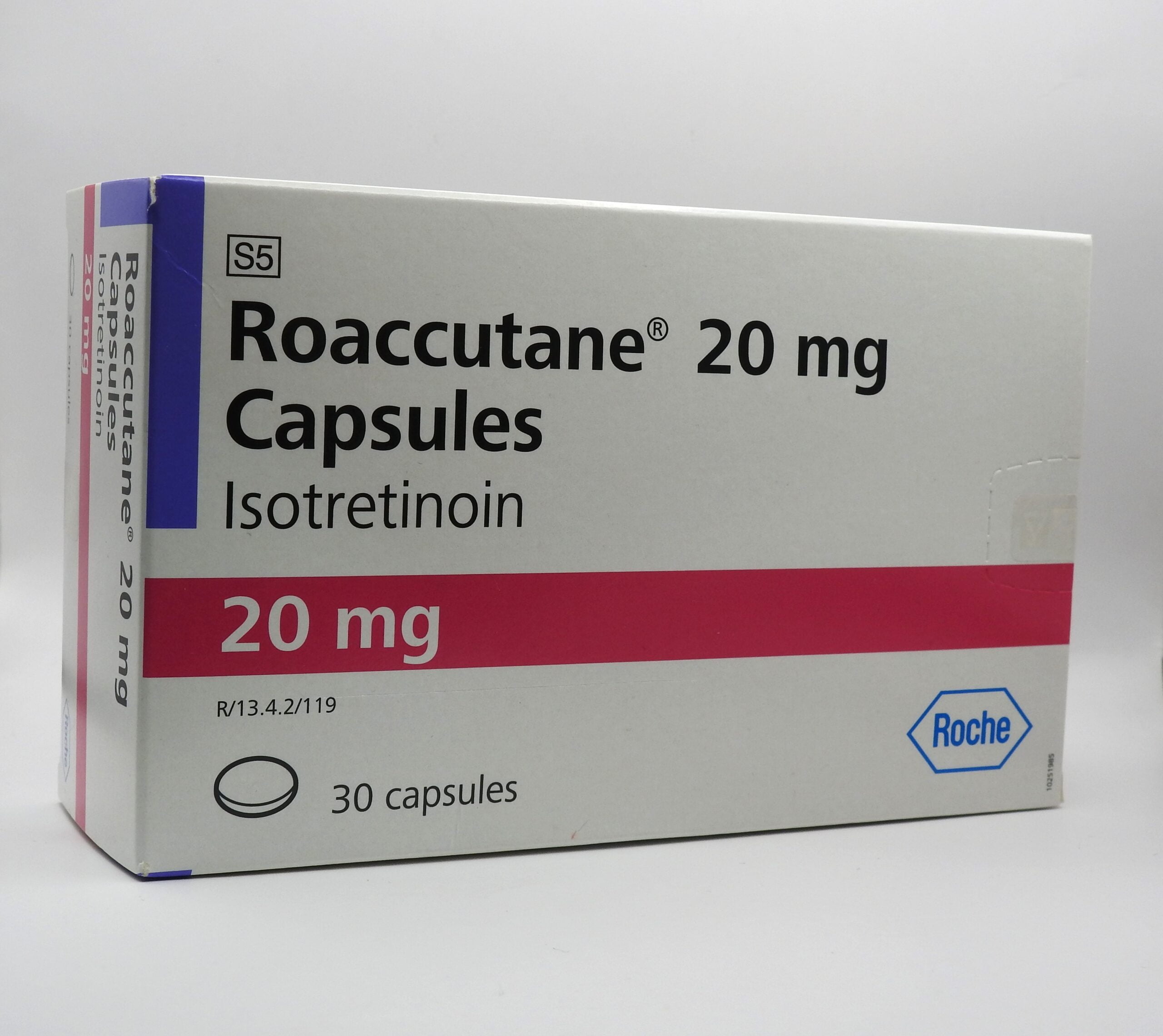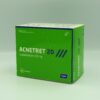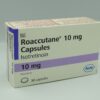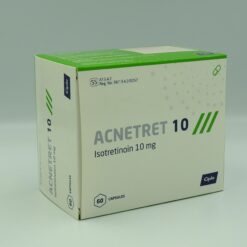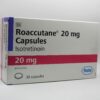Roaccutane (20mg capsule x 30)
$139.33
Roaccutane is a medication available in 20mg capsule form that is primarily used for the treatment of severe acne. Its active ingredient is isotretinoin, a derivative of vitamin A. Roaccutane works by reducing the production of oil in the skin and regulating the growth of skin cells, thereby preventing clogged pores and reducing inflammation. It is usually prescribed when other acne treatments have been ineffective. Due to its potential side effects and risks, Roaccutane is strictly prescribed under medical supervision and requires regular monitoring. It is important to follow the instructions provided by the healthcare professional and take the medication exactly as prescribed.
